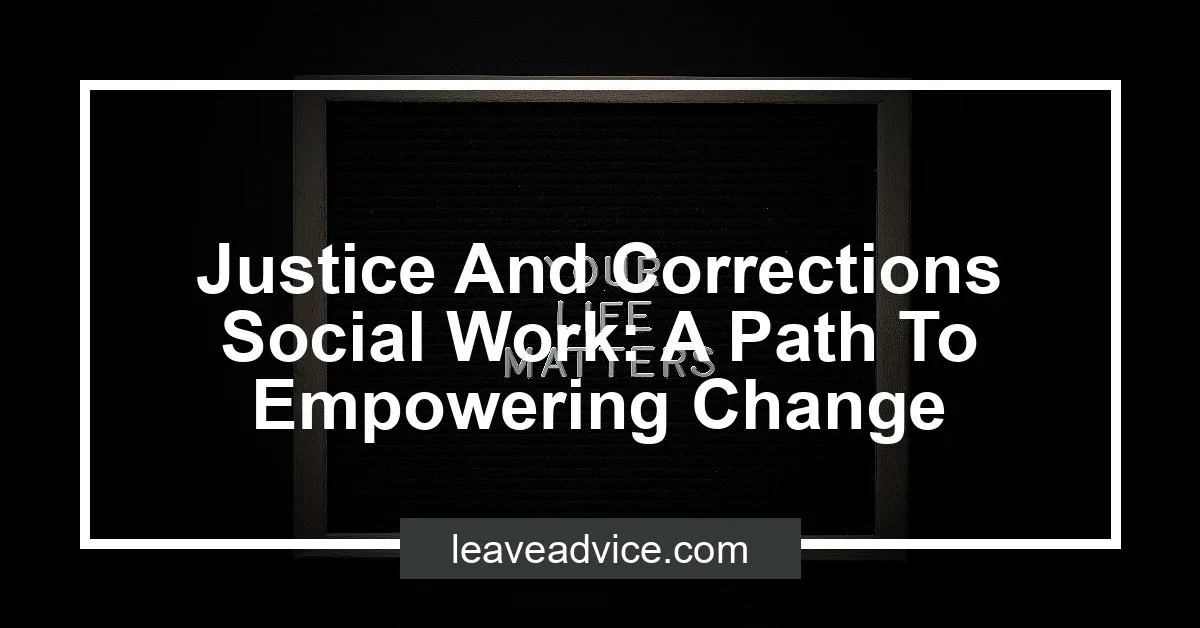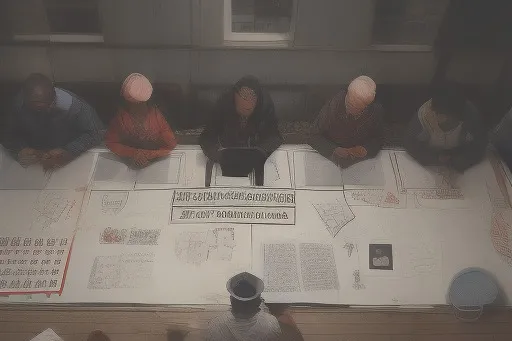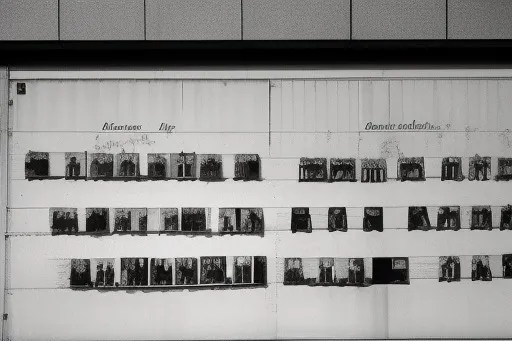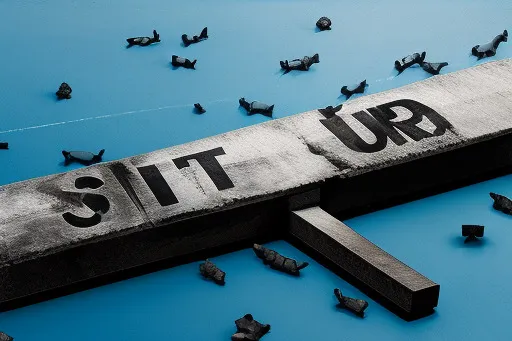Justice And Corrections Social Work: A Path To Empowering Change


Justice and corrections social work play a vital role in the rehabilitation and support of individuals within the prison system. This article aims to explore the various aspects of justice and corrections social work, including its role, requirements, and the impact it has on incarcerated individuals.
Throughout the article, we will also provide recommendations for relevant products that can support the work of corrections social workers.
Check out this Youtube video: “DAY IN THE LIFE OF A SOCIAL WORKER IN JAIL … – YouTube.” Experience the daily challenges and rewards of justice and corrections social work firsthand with this insightful video.
The Role of Justice and Corrections Social Work
Justice and corrections social work involves providing mental health treatment, job skills training, and family support services to individuals in correctional facilities. The primary objective of this field is to address the underlying issues that contribute to criminal behavior and support individuals in reintegrating into society successfully.
Corrections social workers work closely with inmates to assess their needs and develop individualized treatment plans.
How to Become a Corrections Social Worker
To become a corrections social worker, a minimum requirement is a bachelor’s degree in social work or a related field. Some social work programs offer specializations in corrections or criminal justice.
However, additional qualifications, such as a Master’s degree, may increase job prospects and advancement opportunities. It is essential for corrections social workers to possess strong communication and interpersonal skills to effectively engage with and support incarcerated individuals.
The Evolution of Criminal Justice Social Work
Criminal justice social work has a rich history dating back to the inception of the profession in 1904. From its early days, social workers have played a significant role in providing services to incarcerated individuals. Over the years, the profession has evolved to address the changing needs of the criminal justice system and the individuals within it. Today, criminal justice social workers employ evidence-based practices and collaborate with multidisciplinary teams to promote rehabilitation and reduce recidivism rates.
Salary Outlook for Corrections Social Workers
As of October 2022, corrections social workers can expect to earn between $36,000 and $174,000 per year, with an average salary of approximately $72,073. Factors such as education, experience, and geographical location can influence salary ranges within this field. Social workers with higher qualifications and specialized training may have increased earning potential.
Recommended Amazon Product: Job Skills Training Resources
For corrections social workers, having access to relevant job skills training resources can greatly assist in their work with incarcerated individuals. One highly recommended product is the “Job Skills Training Toolkit,” which provides a comprehensive set of resources, including instructional materials, activities, and assessment tools. This toolkit covers a wide range of job skills, such as resume writing, interview preparation, and workplace communication. You can find the Job Skills Training Toolkit on Amazon here.


Conclusion
Justice and corrections social work plays a crucial role in promoting rehabilitation and supporting individuals within the prison system. From mental health treatment to job skills training, corrections social workers provide valuable services that contribute to positive outcomes for incarcerated individuals. It is important for professionals in this field to have access to resources that enhance their effectiveness. The “Job Skills Training Toolkit” is a highly recommended product that can support corrections social workers in their efforts to facilitate successful reintegration. You can find the Job Skills Training Toolkit on Amazon here.


In summary, justice and corrections social work is a challenging yet rewarding profession that makes a significant impact on the lives of incarcerated individuals. By addressing their needs and facilitating their reintegration into society, corrections social workers contribute to a more just and compassionate criminal justice system.






